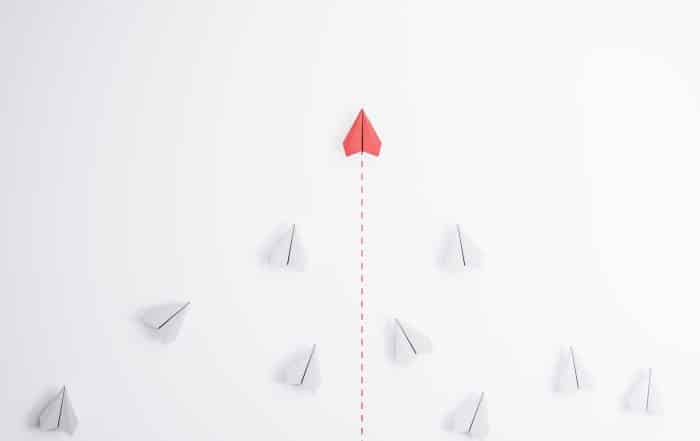Headed for Burnout
I used to wake up at the last possible minute and scramble around like a crazy person barely making it out the door on time with my cup of coffee in hand. I would arrive at work on a never-ending to-do list and a jam-packed calendar. I would move from one fire to the next, knocking out whatever seemed easiest or most urgent. I would end my workday feeling like I hustled all day long but unsure about what I accomplished – it rarely seemed to be anything from my to-do list.
The more success I achieved, the more exhausted and stressed I felt. It left me wondering if the success was worth the cost. I felt like I didn’t have enough time or energy for my life.
No More Wasted Energy
Then, I learned the power of self-automation.
I realized I could complete a bunch of small but important tasks, including taking better care of my mind, body, and soul, by putting those tasks on autopilot. Self-automation is about creating habits so there’s no conscious thought and very little effort involved. The result – these tasks no longer slip through the cracks, and I no longer waste energy thinking about if or when I’ll do them.
Now, I start my day with a cup of coffee in my favorite chair in the living room. The house is calm and quiet and I:
- Drink my coffee and take time to think.
- Read my goals, review my calendar, and write down the three most important tasks I need to complete for the day.
- Take a 45-minute walk through my neighborhood with my devotional podcast flooding through my air pods.
- Shower and get ready for the day, eat breakfast, kiss my family goodbye, and head to the office.
- Listen to a business podcast or audiobook on my short commute.
That’s my morning routine. It’s one example of self-automation.
I start the day rooted in what matters most to me. I take time to think, pray, move, learn, and to enjoy my coffee. I set myself up for a focused and productive day.
It’s not about willpower
Initially, this took some effort and willpower. But only in the early stages. Once installed, habits don’t rely on willpower or self-discipline. The point is to automate actions and make it easier to do things that would ordinarily require thought and effort.
I gradually installed one or two habits at a time. Drinking a cup of coffee each morning was already a habit. So, when I realized I needed to allow more time in my day to think, I combined it with my coffee habit. No more scrolling on my phone, listening to music, checking my email, etc. while I drank my coffee. To install my new “thinking time” habit, I stacked it with my morning cup of coffee habit. And poof – a new habit was born.
Self-automation goes far beyond morning routines. You can apply this same concept to other areas of your life and work. For example, I make sure we review and analyze our financial reports each month through a reporting rhythm. I also have an internal communication rhythm defining timing and purpose of meetings, status updates, and the like. When you need certain tasks to be completed consistently, without additional thought and effort, leverage self-automation.
You already have habits. Some you may need to ditch. For me, that was binge-watching Netflix at night (which was why I had so much trouble getting up in the morning). Keep the habits that are serving you and leverage them to stack on new habits you want to install – habits that will set you up for a focused and productive day.
What could you put on autopilot? What could you create or solve with your newfound energy?
Learn What Your Business Needs Most to Unlock Faster Growth
Your business relies on four key areas, or centers of intelligence, to thrive. Take the free Business Intelligence Grader to see how you score across financial, leadership, productivity, and human intelligence and learn where to focus to drive greater results.
Your business relies on four key areas, or centers of intelligence, to thrive. Take the free Business Intelligence Grader to see how you score across financial, leadership, productivity, and human intelligence and learn where to focus to drive greater results.



